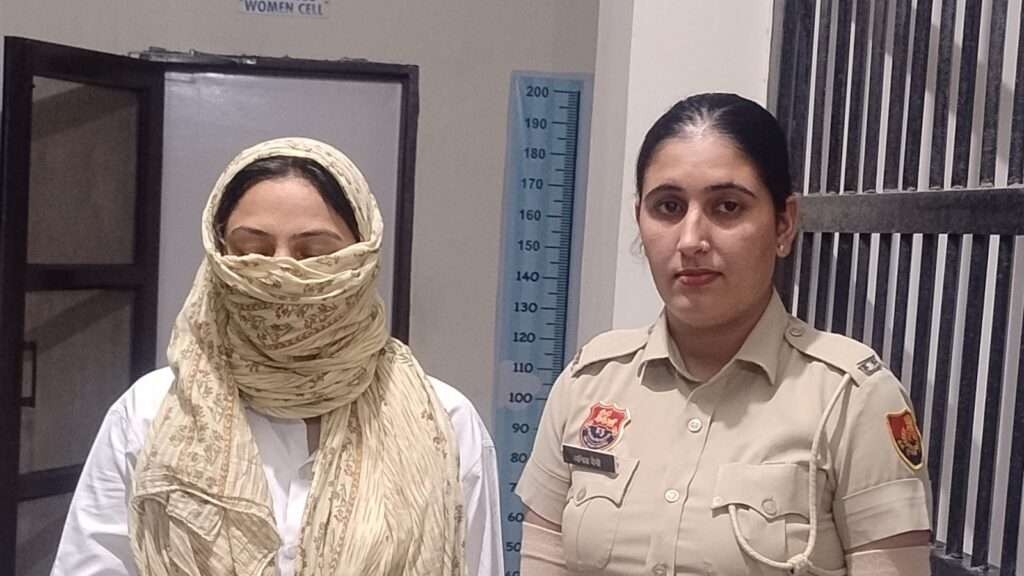New Delhi, [May 2025] – Prominent Indian journalist Jyoti Malhotra has reportedly admitted to being in contact with a Pakistani embassy official, according to police sources. The development comes amid heightened scrutiny of individuals allegedly involved in espionage activities targeting India’s national security.
Key Details of the Case
- Malhotra, a senior journalist known for her work in foreign policy and diplomacy, was questioned by Delhi Police’s Special Cell over her alleged interactions with the Pakistani official.
- Authorities are investigating whether these communications involved the exchange of sensitive information.
- While no formal charges have been filed yet, the case has sparked debates over media ethics, national security, and espionage laws.
Government and Security Agencies on High Alert
Security agencies have intensified surveillance on individuals with frequent access to diplomatic circles, particularly those engaging with officials from Pakistan, China, and other sensitive nations. The Ministry of Home Affairs (MHA) is reportedly monitoring the case closely, given its potential implications for India’s internal security and foreign relations.
Legal and Ethical Implications
If proven, Malhotra’s alleged contact could violate:
- Official Secrets Act, 1923 (prohibiting sharing of classified information).
- Unlawful Activities (Prevention) Act (UAPA) if links to espionage are established.
- Journalistic ethics regarding interactions with foreign intelligence operatives.
Public and Media Reactions
- Press bodies have called for due process, emphasizing the need for evidence before drawing conclusions.
- Opposition leaders have demanded transparency, questioning whether this is a legitimate security concern or political targeting.
- Security experts warn that such cases highlight Pakistan’s persistent espionage efforts in India.
Conclusion: A Test for India’s Counter-Espionage Measures
The unfolding case underscores the challenges in balancing press freedom with national security. As investigations proceed, the outcome could set a precedent for how India handles alleged spy networks operating under journalistic cover.



